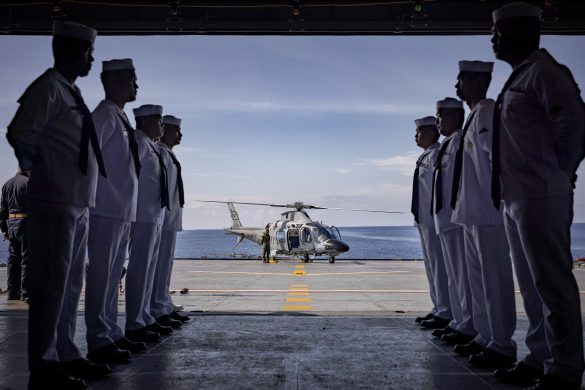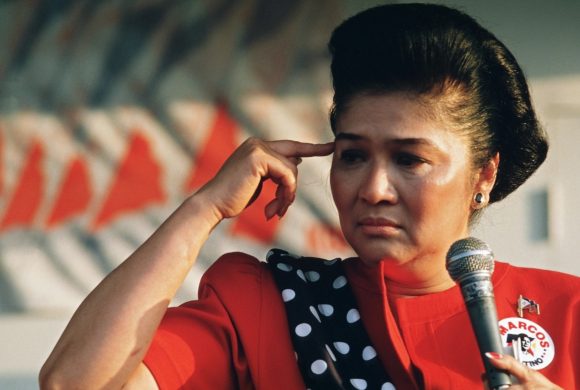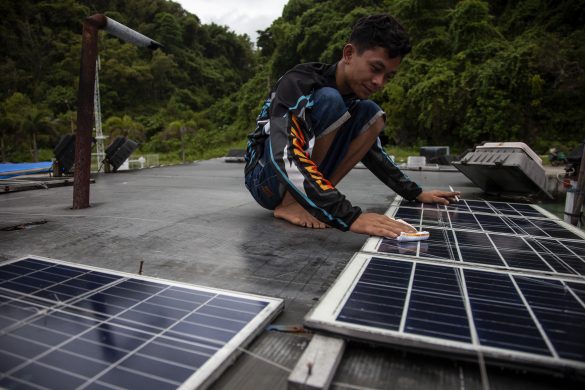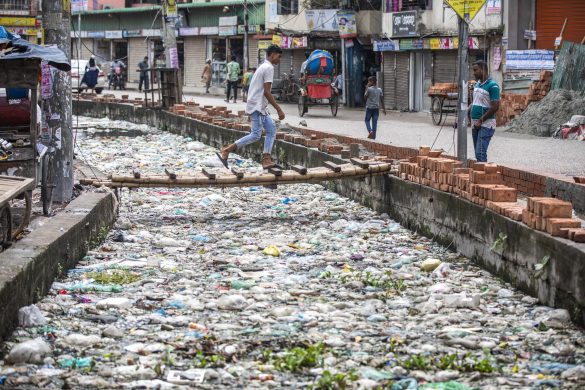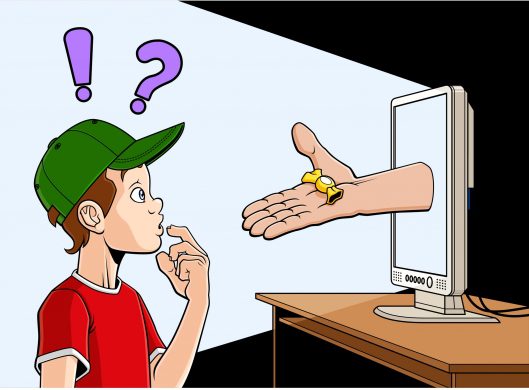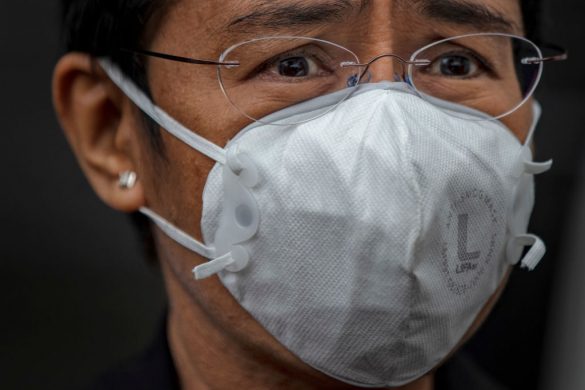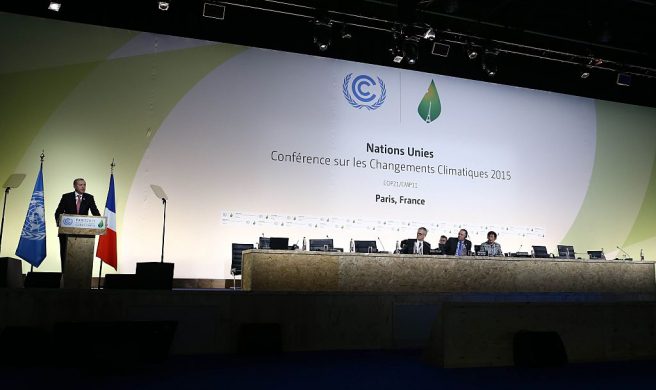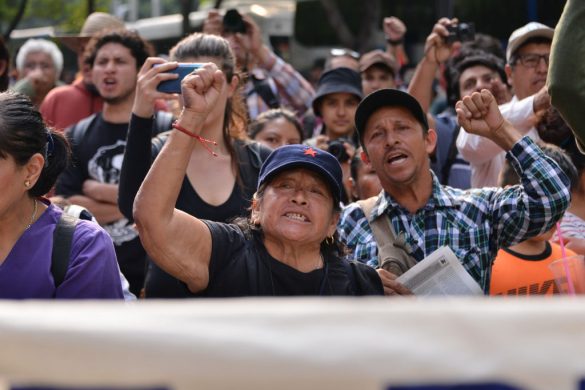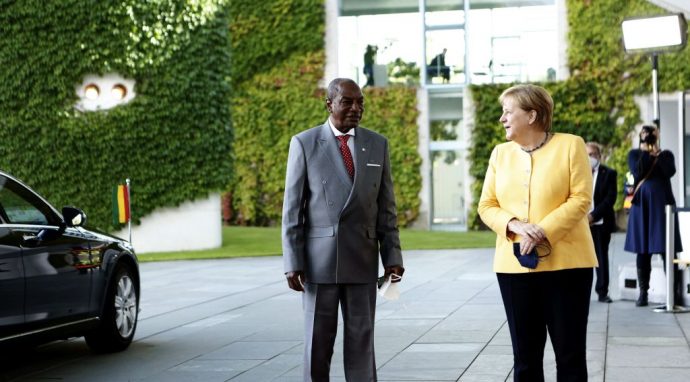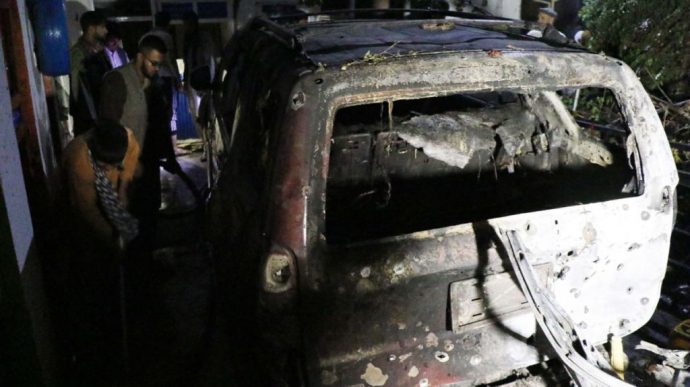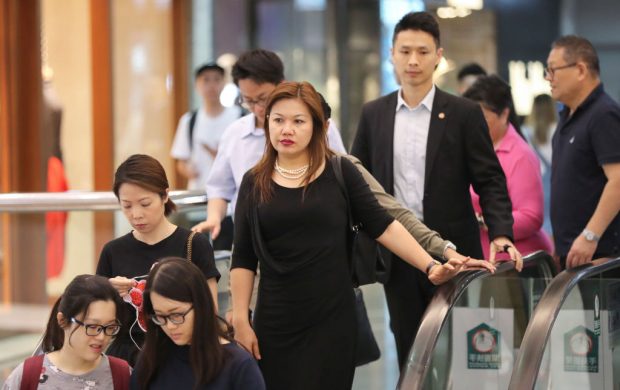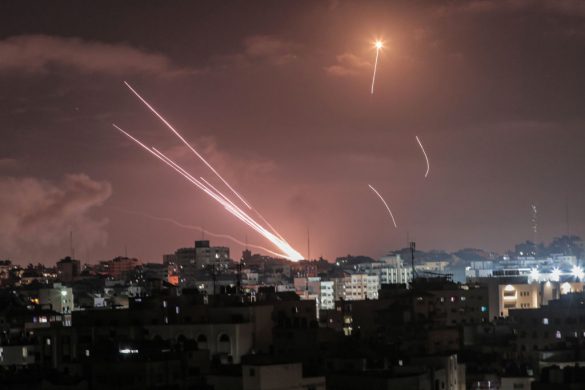KØBENHAVN, 30. marts, 2017 (IWGIA): Food and medicine blockade, detentions, limited mobility, soldiers moving into the area, and risk of getting killed in shootings or bombings.
When armed combat takes place in the villages and on the lands of indigenous peoples, the indigenous communities are at risk of human rights violations and being forced into conflicts.
"Rules of war and humanitarian norms are too often disregarded in the intra-state conflicts. Guerrilla wars often take place in remote or forestry areas, leaving the indigenous populations there at risk of being forced to either join the conflict or having their rights violated," says Signe Leth, Asia coordinator for IWGIA.
Intrastate conflicts – often between government armed forces and guerrilla troops – raze without regard to the civilians in the conflict zone.
Philippines: Schools used as soldier camps while phosphorous bombs fall
The mountain region of the Tingguians has, since March 13, been entangled in the violent fights between the government and the rebellion group New People’s Army.
The indigenous populations such as the Mabaka, Banao and Gubang are caught in the crossfire, as aerial bombings hit their land and cause forest fires. Reportedly, phosphorous bombs have stroke the fields and forests belonging to the indigenous population.
A heavy influx of military into the villages causes a row of human rights violations. Soldiers use the local schools for military purposes, and they camp in the residential area posing a great threat to the population.
Heavy militarization, illegal searches and detentions
The conflict between the government of the Philippines and the New People’s Army broke out, when New People’s Army ended a six-months ceasefire the 11th of February.
The renewal of armed conflict has disrupted the daily life and mobility of the population, the indigenous population there reports.
Several checkpoints have been set up, and soldiers force trespassers to show identification cards, and their belongings are searched. Some people have been denied access to visit family living in other municipalities.
The residents also fear arbitrary detentions, as four people have already been detained without charges.
Appeals from local human rights groups: Lift the food and medicine blockade
The communities caught in the militarised conflict zone in the mountains of Cordillera also suffer under a food and medicine blockade.
This has made our partner, the indigenous peoples' organisation the Cordillera Peoples Alliance, and Cordillera Human Rights Alliance call partners for support.
In a letter to IWGIA, they write:
”We appeal for your support to our campaign against the intensified militarization in Abra province which has, over the past two weeks, resulted in various human rights violations.”
The alliances are now planning to conduct a peace mission to Malibcong in Abra to provide immediate relief services, psychosocial support for the residents and ensure documentation of human rights and international humanitarian law violations against civilians.



